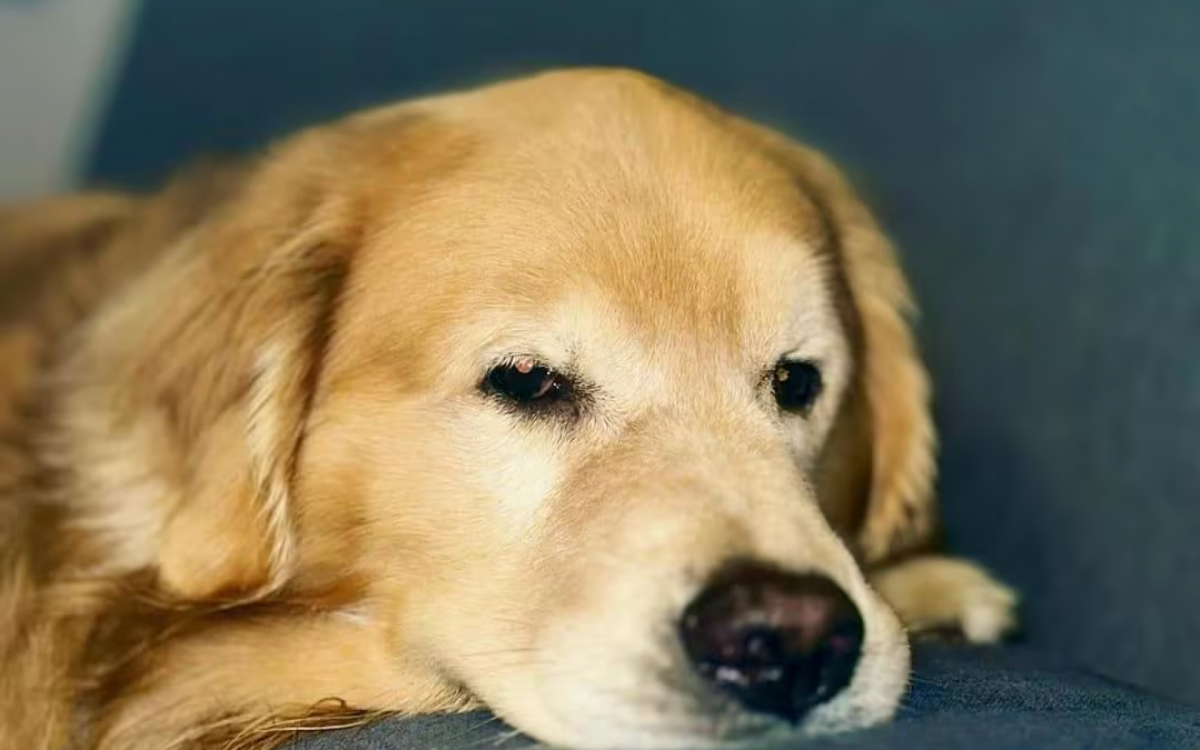
Dog Joca died after air transport failure by GolReproduction/Instagram
Published 04/28/2024 11:08
According to the entity, this is an issue of extreme importance for the well-being and safety not only of animals, but of passengers and civil aviation professionals, as well as land transport.
“The transport of animals, whether domestic or wild, requires specific care to ensure that it is carried out in a safe and responsible manner, respecting their physiological and behavioral needs”, informed the council, highlighting that the lack of adequate regulation “can lead to risks for the health and well-being of both animals and people involved in transport”.
For the CFMV, it is essential that there be clear and comprehensive regulations that consider the particularities of each animal species and breed, the risks involved, and the necessary preventive measures such as the participation of veterinarians in the transport process.
Also according to the Council, it is important that this regulation is the result of debates and collaboration between various authorities. Among them, the ministries of Ports and Airports, Agriculture and Livestock, Environment and Climate Change, and Health, in addition to the National Civil Aviation Agency and the Federal Police.
Joca died last Monday (22), after air transportation failed by Gol. The animal should have been taken to Sinop (MT), on a flight lasting around 2h30, but its destination was changed by error. Joca was transported to Fortaleza and then returned to Guarulhos Airport, in São Paulo, resulting in around 8 hours of flight time.
Requirements
“The issuance of the certificate is subject to prior clinical evaluation of the animal by a veterinarian”, highlights Teles. According to him, the document is issued according to the health conditions presented by the animal, which must be free of external and internal parasites, and with up-to-date vaccinations.
Traveling is stressful for pets, as they will be in a different environment than usual. In general, dark places, far from the owner, with different smells (especially if they are being transported close to other animals) and with noises that, for them, can be frightening. “All of this can contribute to a state of tension”, explains Teles.
Therefore, depending on the travel time and other factors considered in the assessment by the veterinarian, it may be necessary to use some type of medication. It is also essential to have the documents required for boarding the animals on hand, duly signed and stamped by a veterinarian, and that the additional requirements for them to be transported safely are met.
The CFMV technician assesses that the support provided by a veterinarian at bus stations and embarkation and disembarkation terminals would be a difference in ensuring almost immediate support for the animals. “In cases where there is a proven need for permanent monitoring of the pet during transport, this condition must be met and it would be of great value for transport companies to provide a medical-veterinary professional for this purpose”, added Teles.
